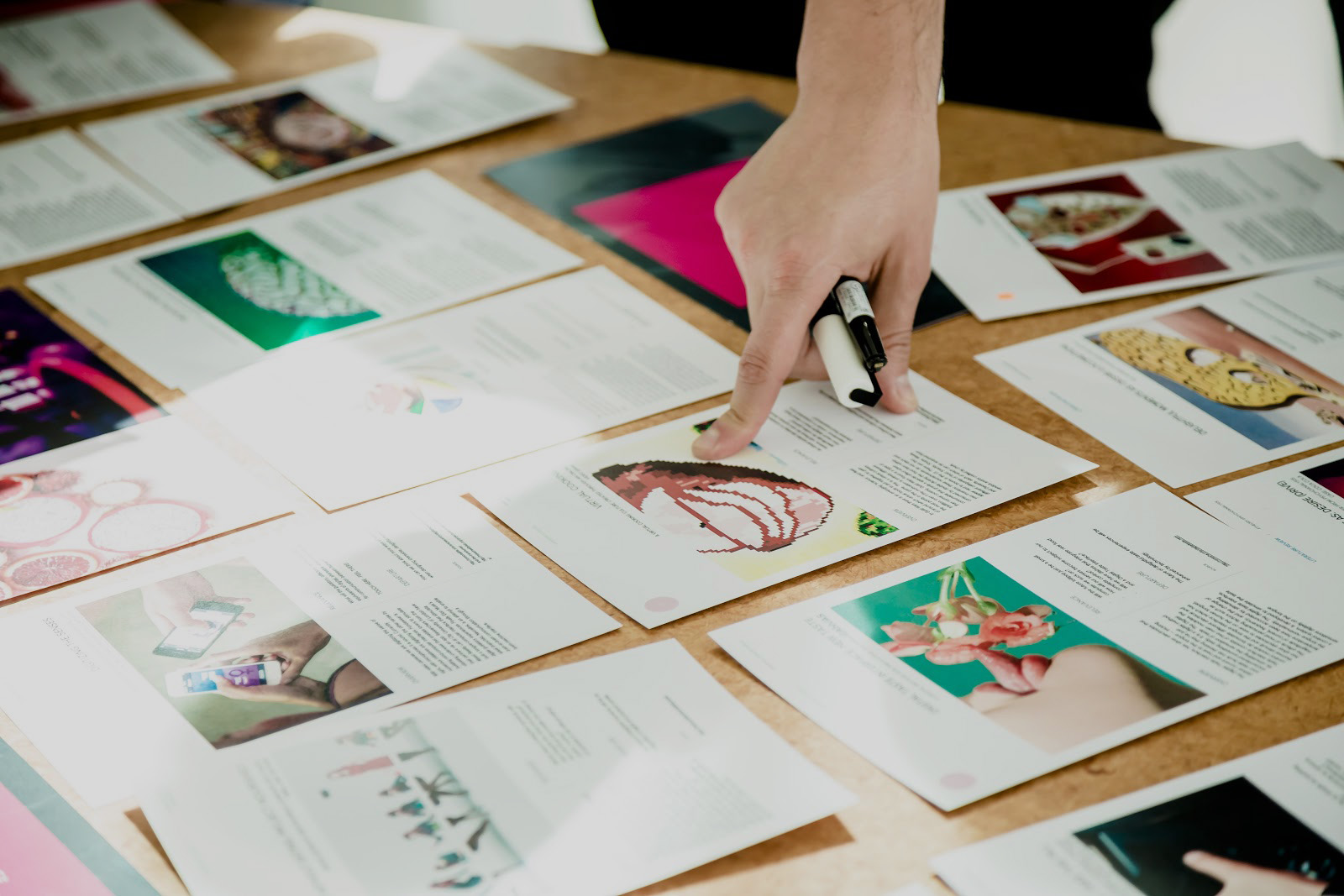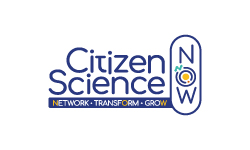Collaborative Future Design Methodology for Citizen Science Futures
August 2022
 What are the drivers that will change the future landscape of citizen science? What current and emerging behaviours and technologies can inform the field’s future direction? Those are some guiding questions that the Citizen Science Now consortium seeks to answer to understand the different potential futures of Citizen Science. As a partner in the consortium and a design studio specialising in Futures Design, Bespoke’s role and responsibility are to share our methodology with the participants and support the research process in developing a future foresight report as the first deliverable in the project. The method is highly collaborative and seeks to harvest collective knowledge and know-how to make a difference in our future.
What are the drivers that will change the future landscape of citizen science? What current and emerging behaviours and technologies can inform the field’s future direction? Those are some guiding questions that the Citizen Science Now consortium seeks to answer to understand the different potential futures of Citizen Science. As a partner in the consortium and a design studio specialising in Futures Design, Bespoke’s role and responsibility are to share our methodology with the participants and support the research process in developing a future foresight report as the first deliverable in the project. The method is highly collaborative and seeks to harvest collective knowledge and know-how to make a difference in our future.
We have led a couple of activities to start building those collective futures. The first session aimed at introducing the consortium to our future design methodology and defining the scope of the research project. This kickstarted the research process by collaboratively identifying topics that should be researched or explored. Next, the university partners, experts in the field of Citizen Science, shared their critical points of interest in relation to the study while underlying the relevance of those for the project and the related questions that needed to be answered by the research process.
In the second activity, Bespoke facilitated desk research with all partners. During this phase, the participants sought to create a library of signals, depicting the current status quo of existing practices with Citizen Science in different cultural contexts. This process, named Scanning, serves the purpose of gathering, interpreting, and synthesising signals. Signals are concrete examples of something emerging, changing or impacting the relevant field or citizen science. Besides this, partners also researched best practices for inspiration and reference.
The next step in our journey will be interpreting those signals during a sense-making session in early September. At that point, the consortium will focus on defining the major trends relating to CS and develop insights shining a light on their potential impact on the future of the research scope.
We look forward to sharing this session’s results with you as soon as possible. In the meantime, if you want to understand more about our methodology and potential, please do not hesitate to reach out to us.

